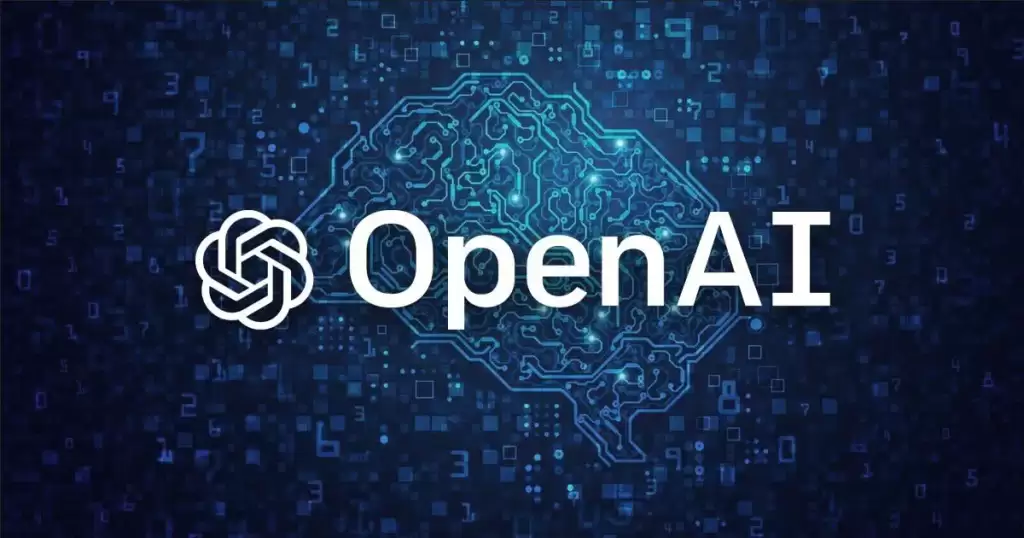The evolving clash between Elon Musk and OpenAI, the very company he helped co-found, reflects a deeper philosophical and ethical debate about the future of artificial intelligence (AI). Once aligned in vision, Musk and OpenAI now find themselves at odds over commercialization, advertising, transparency, and control in the AI space.
OpenAI’s For-Profit Shift: A Controversial Evolution
OpenAI began in 2015 as a non-profit entity with a mission to develop AI that benefits humanity. However, as AI development demanded massive computational and financial resources, OpenAI adopted a hybrid “capped-profit” model in 2019. This transition allowed the company to attract significant investment, including from Microsoft, which integrated OpenAI’s models into products like Azure and Copilot. Recently, OpenAI’s exploration of advertising as a revenue stream has drawn sharp criticism from Musk and other AI ethicists who view it as a deviation from its founding principles.
The introduction of advertising poses ethical dilemmas. Critics argue it risks prioritizing revenue over the societal good, leading to potential misuse of AI and biased outcomes. OpenAI counters by emphasizing that advertising could fund further research while maintaining commitments to transparency and safety.

Elon Musk’s Lawsuit: Defending Original Principles
Elon Musk has filed a legal challenge against OpenAI, alleging that its commercialization, particularly its exclusive licensing agreements with Microsoft, breaches its founding promises. Musk contends that the shift to for-profit motives undermines the original vision of open collaboration and poses risks of monopolizing cutting-edge AI technologies.
Musk’s lawsuit questions whether OpenAI’s move to monetize aligns with ethical AI practices and raises concerns about the disproportionate influence corporations like Microsoft could wield over AI development. However, legal experts express skepticism about the case’s viability, citing the absence of concrete contractual obligations between Musk and OpenAI.

The Larger Debate: Advertising in AI
The move toward advertising as a funding model raises concerns about privacy, manipulation, and the long-term implications of monetizing user interactions. For instance, integrating ads into generative AI tools like ChatGPT could blur ethical boundaries by influencing user behavior subtly. This contrasts sharply with OpenAI’s original commitment to unbiased, transparent technology.
Proponents argue that advertising could democratize AI access by offsetting costs for users. Yet, skeptics, including Musk, warn that profit-driven motives could erode trust in AI applications, leading to a “race to the bottom” in ethical standards.
What’s at Stake for the AI Industry?
The Musk vs. OpenAI clash is emblematic of a broader tension in the tech industry: balancing innovation with responsibility. While Musk advocates for strict guardrails to ensure AI aligns with public interest, OpenAI defends its actions as necessary for sustainability in an intensely competitive field.
SEE ALSO: OpenAI, Meta, and Orange SA Launch Initiative to Train AI on African Languages
This debate could set a precedent for the governance and commercialization of AI globally. If Musk’s challenge gains traction, it may prompt stricter regulations and oversight, potentially reshaping how AI companies operate. Conversely, if OpenAI’s for-profit model succeeds without major ethical breaches, it could become the blueprint for future AI enterprises.
Conclusion: A Defining Moment for AI
The dispute between Musk and OpenAI is more than a legal battle; it’s a fight over the soul of artificial intelligence. As both sides make their case, the world watches closely to see how this conflict will shape the AI industry’s future. Will AI remain a tool for the collective good, or will it succumb to profit-driven motives? The outcome of this confrontation could provide the answer.
This saga underscores the importance of transparency, accountability, and ethical considerations in the fast-evolving AI landscape



